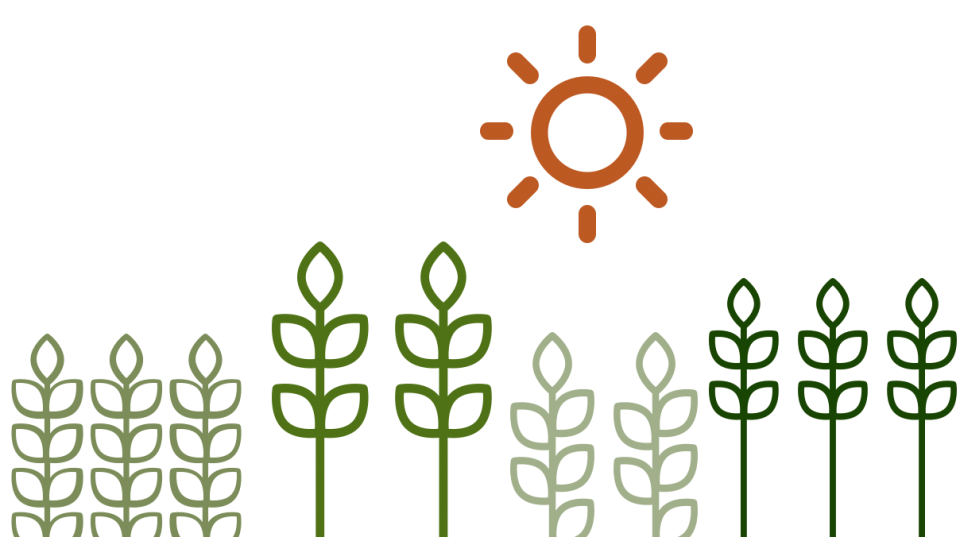Overview
This project aimed to provide Bhutan with a clean healthy source of citrus germplasm so it could produce grafted trees for its citrus industry.
Citrus is one of the most important agricultural commodities to the economy of Bhutan; it provides valuable export income for the country, and income and employment for at least 60% of the rural population. The average fruit yield of only 4 tonnes to the acre is, however, well below other Asian counties such as Thailand and Taiwan. Traditional cultural practices and failure to adopt new management practices is an impediment to achieving the Bhutanese government target of exporting 100,000 tonnes of citrus fruit to Bangladesh and India.
The project improved citrus productivity through management practices such as pruning, more targeted nutrition and irrigation, and implementing control methods for pests and diseases. It improved the knowledge and capability of Bhutanese horticulture personnel through more specialised training and research. Australian scientists had the opportunity to identify, diagnose and manage exotic citrus pests.






